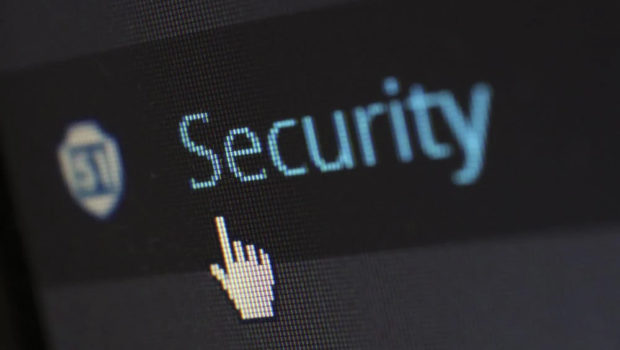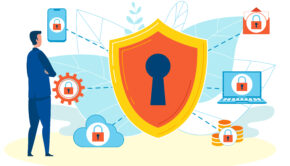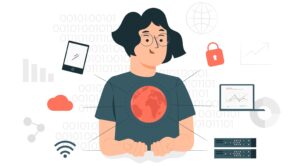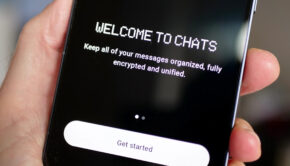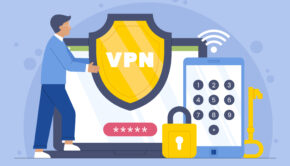Is Your Personal Information Safe?
Your personal information is valuable, which makes it vulnerable to theft. If you’re not worried about identity theft, you should be — in 2019 alone, 1 in 15 people experienced identity theft in the U.S., and 33 percent of American adults have had their identities stolen at some point.
What can you do to protect yourself? A lot, as it happens. If you’re careful with your personal information, and take steps to protect it, you could beat the odds. Here’s how.
Be Careful Who You Share Information With
Social engineering attacks, in which scammers attempt to talk you out of personal information on the phone or trick you into sharing it via email, are growing more common. So are phishing scams that seek to obtain your personal information by purporting to be from your bank, a company you do business with, or the IRS. Don’t give out any of your personal information via email or online, over the phone, or through the mail, unless you reached out first and know who you’re talking to.
If you’re not sure about an email you receive, don’t click on any links or reply. Instead, type the company’s URL in a new tab, or call their customer service number and ask them about it.
Use Strong, Unique Passwords for Every Account
Don’t fall into the trap of using the same password for everything — that just makes hackers’ jobs easier. Use a strong, unique password for every single one of your online accounts, from email and online banking to your utility and credit card bills, shopping accounts, and social media. That adds up to a lot of accounts pretty quickly, so use a password manager to keep them all straight and safely locked away.
Dispose of Personal Information Properly
Whenever you need to get rid of a device or computer, wipe it of any and all personal information before you sell it or recycle it. For laptops and PCs, you can overwrite the hard drive using a data destruction program — simply reformatting the drive removes the indexing, but not the data itself, so it can still be recovered by someone who knows what they’re doing. For phones, it’s a little easier — just go into the settings and choose the factory reset option. Make sure you get all of your pictures and other data off the phone first.

Monitor for Unusual Activity
The more carefully you monitor your bank and credit card accounts, the faster you can spot and report fraudulent charges. Check your bank and credit card accounts daily, and report any fraudulent charges as soon as they appear. Monitor your credit, too — many banks and credit cards now offer their clients free credit monitoring.
It’d be nice if you could get some warning that personal information has been compromised on the dark web before money disappears from your bank account. You can use ID security solutions, like Trend Micro ID Security, to monitor your email addresses, passwords, and other personal information, and then notify you if any of it is compromised. That way, you can take steps to protect yourself, like changing compromised passwords, before theft occurs.
Think Before You Post
You should be careful what you post online, because thieves can use information from your profile to guess the answers to your security questions and gain access to your accounts. Avoid popular social media games that ask for answers to questions about yourself, like “Where did you go to high school?” or “What was your first pet called?” Avoid posting any information on social media that you wouldn’t want strangers to have — your phone number, address, Social Security number, birthday, and even full name may be information you want to keep to yourself.
Protect Your Info Offline, Too
Identity theft doesn’t always occur online — in fact, it often doesn’t. Keep financial records and important documents, like your Social Security card, safe at home, and only carry what you need with you in terms of your ID, credit cards, and debit cards. Shred bills, bank statements, credit card applications, and other potentially sensitive documents before you throw them away. Black out the labels on your prescription bottles before you throw them away. Have your mail held when you go on vacation.
If you own nothing else of value, you could still be a victim of theft, because your personal information is itself valuable. Stay vigilant, and keep your information safe.

